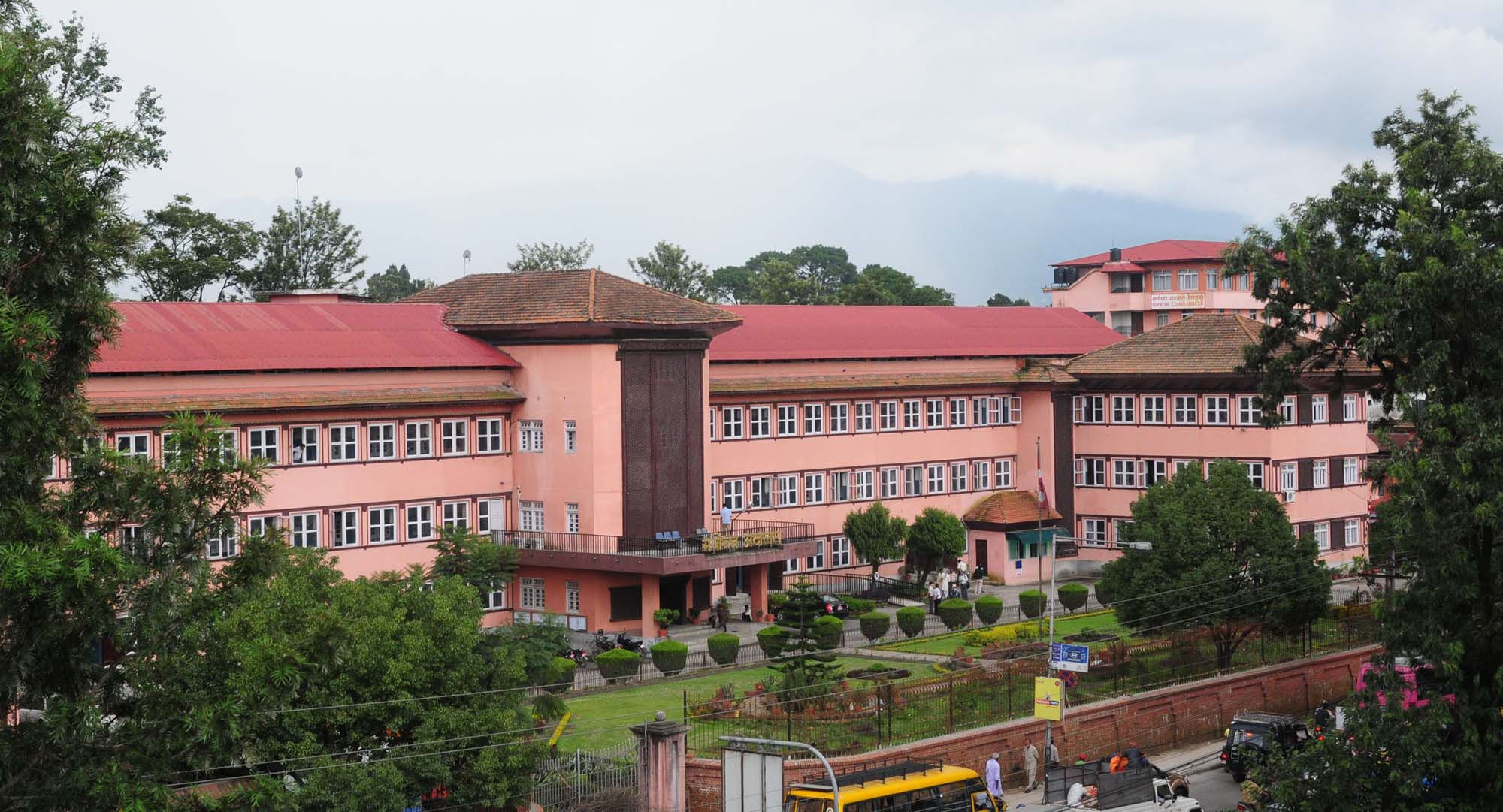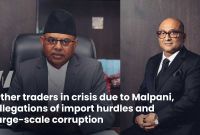Supreme Court Writ Petition Filed Against Illegal River Excavation by China Railway No. 2 Engineering Group Co.

Kathmandu, Nepal – A writ petition has been filed in the Supreme Court of Nepal by Ram Ratan Singh, Aanchal Kumari, and others, alleging illegal extraction of stones, gravel, and sand by China Railway No. 2 Engineering Group Co. Ltd. The extraction is taking place as part of the road expansion project along the Kamala-Kanchanpur section of the East-West Highway. The petitioners claim these activities are causing severe environmental damage and have demanded immediate judicial intervention to halt the operations.
The respondents named in the petition include the Government of Nepal, represented by the Office of the Prime Minister and Council of Ministers, along with China Railway No. 2 Engineering Group Co. Ltd. The petitioners have accused the respondents of violating Nepal’s environmental laws by extracting natural resources from protected forest areas and rivers without adhering to legal environmental assessment requirements.
The petitioners allege that Lahan Municipality, acting as the project proposer, conducted a Summary Environmental Study and Preliminary Environmental Assessment without completing the mandatory Initial Environmental Examination (IEE) or Environmental Impact Assessment (EIA). Despite several complaints filed with the concerned authorities regarding these violations, no corrective action has been taken, prompting the petitioners to seek redressal from the Supreme Court.
The case focuses on the unlawful extraction and export of natural resources like stones, sand, and gravel, particularly from “Khuti Khola.” According to the petitioners, these activities violate Section 29 of the Environmental Protection Act, 2076 BS, and have disrupted the ecological balance of the region. The petition also points out irregularities in the approval process, arguing that the environmental assessments conducted by Lahan Municipality are contrary to federal and provincial laws.
The writ petition includes several demands. The petitioners have requested the court to issue an interim order under Rule 49 of the Supreme Court Rules, 2074 BS, to immediately halt the illegal activities until the case is resolved. They have also sought a judicial decree under Article 133(2) and (3) of the Constitution of Nepal, prohibiting the illegal export and extraction of river and forest products without proper environmental assessments. Additionally, the petitioners have called for the annulment of any decisions or actions permitting illegal resource extraction and for the court to quash the Summary Environmental Study and Preliminary Environmental Assessment approved by Lahan Municipality.
The petitioners argue that the illegal activities have distorted the natural state of the river, caused pollution, and endangered public property. They demand stricter enforcement of environmental laws to protect the environment and public interest, emphasizing the need for compliance with federal and provincial regulations.
The Supreme Court has scheduled the first hearing for December 1, 2024. The petitioners, including lead petitioner Aanchal Kumari, are hopeful that the judiciary will take swift action to address the violations and ensure accountability for the environmental damage caused.
This case highlights the growing challenges Nepal faces in balancing infrastructure development with environmental conservation. The outcome of the writ petition could set a significant precedent for similar cases in the future, reinforcing the importance of adhering to environmental laws and prioritizing sustainable development practices.




![From Kathmandu to the World: How Excel Students Are Winning Big [Admission Open]](https://nepalaaja.com/index.php/img/70194/medium/excel-college-info-eng-nep-2342.jpg)
